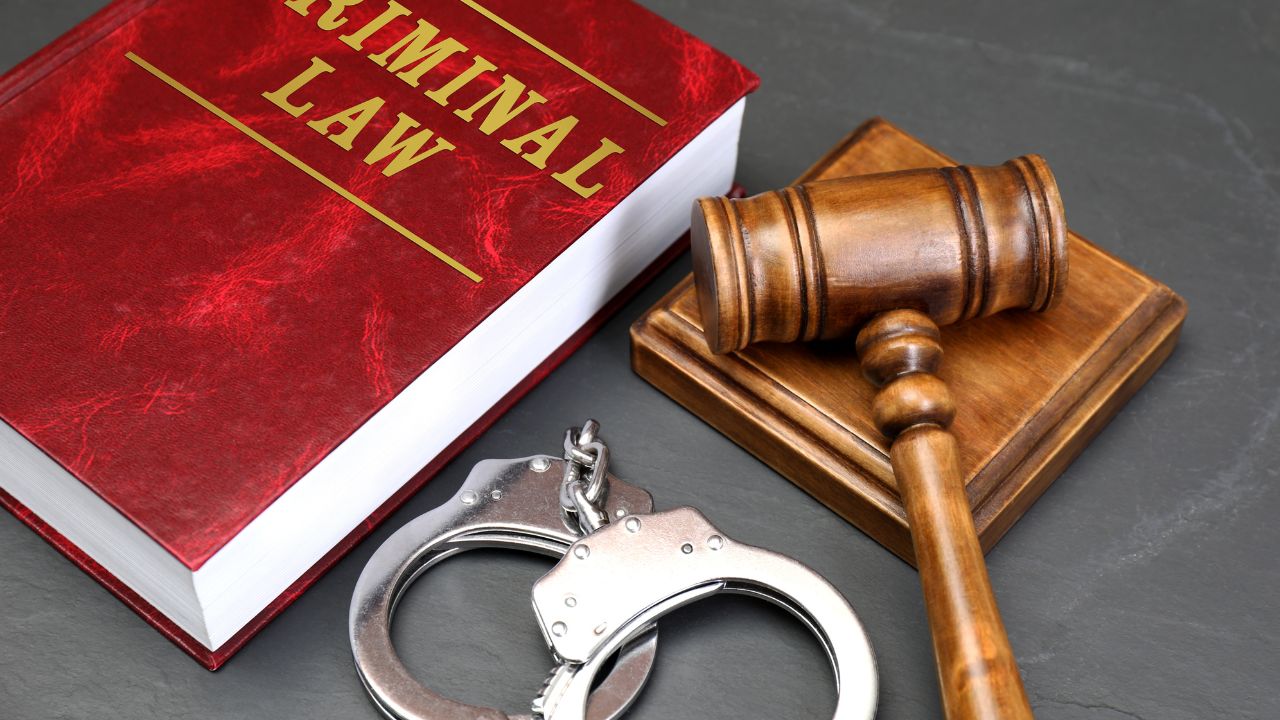
Having a criminal record can make life difficult, affecting job opportunities, housing applications, and even personal relationships. Fortunately, expungement offers a legal way to clear your record and start fresh. In this guide, we’ll explore what expungement is, who qualifies, and how you can expedite the process.
What Is Expungement?
Expungement is the legal process of erasing or sealing a criminal record, making it inaccessible to the public. Once a record is expunged, it no longer appears in background checks, allowing individuals to move forward without the stigma of a past conviction.
Who Qualifies for Expungement?
Eligibility for expungement varies by state, but some common factors include:
- The type of offense: Misdemeanors are more likely to be expunged than felonies.
- Completion of sentencing: All penalties, including probation and fines, must be satisfied.
- The time elapsed: Many states require a waiting period before applying.
- First-time offenses: Some states offer easier expungement for first-time offenders.
- Good behavior: Demonstrating rehabilitation can improve your chances.
Steps to Get Your Criminal Record Expunged Fast
1. Check Your Eligibility
Each state has its own expungement laws. Research your state’s requirements or consult a lawyer to determine if you qualify.
2. Gather Necessary Documents
Prepare paperwork such as:
- Court records of your case
- Proof of sentence completion
- Personal identification
- Any character references or rehabilitation records
3. File a Petition
Submit an expungement petition to the court where your case was handled. This process may require filing fees, which vary by state.
4. Attend a Court Hearing (If Required)
Some states require a hearing where you present your case. A lawyer can help you prepare by strengthening your argument for expungement.
5. Follow Up on Your Application
Expungement isn’t immediate. Check on your case status and ensure all requirements are met to avoid unnecessary delays.
How to Speed Up the Expungement Process
- Hire an Experienced Lawyer: A legal expert can navigate complex paperwork and court procedures efficiently.
- Ensure All Fines & Fees Are Paid: Unpaid fines can delay approval.
- Submit Accurate Paperwork: Any mistakes can cause delays.
- Request an Expedited Process: Some states allow for urgent processing in certain cases.
Conclusion
Clearing your criminal record can open doors to better opportunities and a brighter future. By understanding the expungement process and taking the right steps, you can achieve a clean slate faster. If you’re unsure where to start, seeking legal guidance can make the process smoother and more efficient.